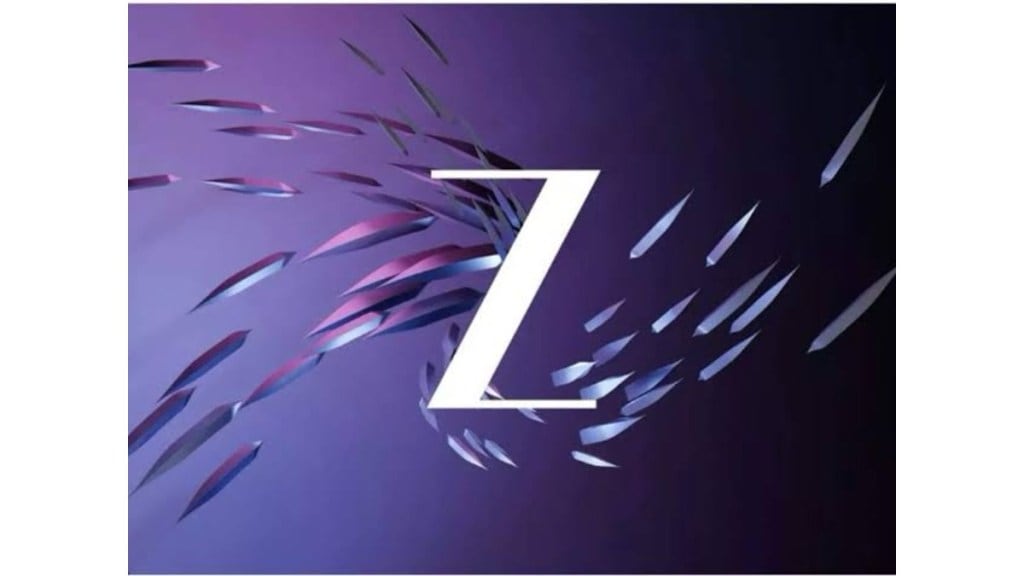Norges Bank Investment Management, one of Zee Entertainment’s foreign institutional shareholders, said on Monday that it approves the firm’s preferential issue of 169.5 million fully-convertible warrants to its promoters. The nod comes just days ahead of the company’s crucial extraordinary general meeting (EGM) on July 10. The development also comes at a time when some domestic proxy advisory firms have asked shareholders to vote against the resolution.
International proxy advisory firms such as Glass Lewis as well as foreign equity funds such as Calpers International Equity Fund have also given their thumbs-up to the promoter capital infusion of Rs 2,237 crore, which will raise their stake from 3.99% to over 18%.
Last week, Stakeholders Empowerment Services (SES) revised its stance on Zee, asking shareholders to vote in favour of the resolution at the EGM. InGovern and Institutional Investor Advisory Services (IiAS), however, have maintained their opposition to the preferential allotment plan.
In its analysis, Glass Lewis noted that Zee’s proposed issue complies with Sebi’s pricing norms for preferential allotments and does not raise concerns regarding fairness or governance. The resolution will require a 75% majority vote from shareholders if it has to clear the EGM, experts said.
According to Zee’s board, the funds from the preferential allotment will be utilised to scale up strategic business initiatives, maintain adequate liquidity in an increasingly competitive media environment, and finance bolt-on acquisitions in high-growth areas.
The warrants will be converted into equity shares on a 1:1 basis, with 25% of the issue price payable upfront and the remaining 75% within 18 months from allotment. The proposed issuance is expected to result in a dilution of approximately 15% of the share capital—a level Glass Lewis has termed as reasonable.
Last week, Zee’s founder Subhash Chandra had clarified to analysts in a call that the promoters were neither pledging shares nor taking loans to fund the capital infusion.
Instead, the promoters were tapping recoveries from creditors to build its war chest for the Rs 2,237-crore fund infusion. Chandra had also added that the promoters were not likely to wait for the 18-month window to bring in all the money for the fund infusion. They were likely to do so earlier, as the competitive market demanded long-term commitment from them.

